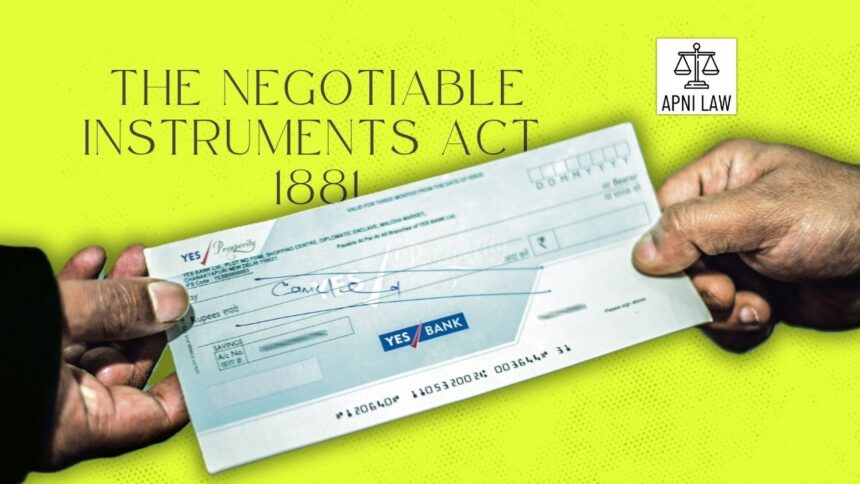Introduction
Dishonour of a cheque due to insufficient funds is a criminal offence under Indian law. This offence falls under Section 138 of the Negotiable Instruments Act, 1881. If a cheque is returned unpaid by the bank due to a lack of sufficient balance or an amount exceeding the arranged limit, the drawer can face legal consequences.
What Is A Cheque Dishonour?
When a person issues a cheque from an account maintained by them with a banker to discharge a legally enforceable debt or liability, and the cheque is returned unpaid, they are said to have committed an offence under Section 138. The bank may dishonour the cheque for the following reasons:
- The account lacks sufficient funds to honour the cheque.
- The cheque exceeds the amount arranged with the bank (e.g., through overdraft facilities).
What Is The Punishment for Dishonouring a Cheque?
Anyone found guilty of cheque dishonour can face:
- Imprisonment for up to two years, or
- Fine up to twice the amount mentioned in the cheque, or
- Both imprisonment and fine.
This punishment is in addition to any other legal remedies available under the law.
What Are The Mandatory Conditions for Applying Section 138 For Cheque Bounce?
For the offence to be established, the following conditions must be satisfied:
- Timely Presentation of the Cheque.
The cheque must be presented to the bank within six months from the date it was drawn or within its validity period, whichever is earlier. - Written Notice by the Payee.
The payee or holder of the cheque must send a written demand notice to the drawer within 30 days of receiving the information from the bank about the cheque being dishonoured. - Failure to Pay Within 15 Days.
After receiving the notice, the drawer must pay the cheque amount within 15 days. If they fail to do so, the offence becomes legally actionable. - The explanation under Section 138 of the Negotiable Instrument Act clarifies that the term “debt or other liability” refers only to those obligations that are legally enforceable. This ensures that the cheque was issued against a genuine and lawful financial obligation.
Conclusion
Section 138 of the Negotiable Instruments Act holds individuals accountable for issuing cheques without maintaining sufficient balance. It aims to ensure trust and transparency in commercial and personal financial transactions. Ignoring these provisions can lead to strict legal consequences, including jail time and heavy fines.








